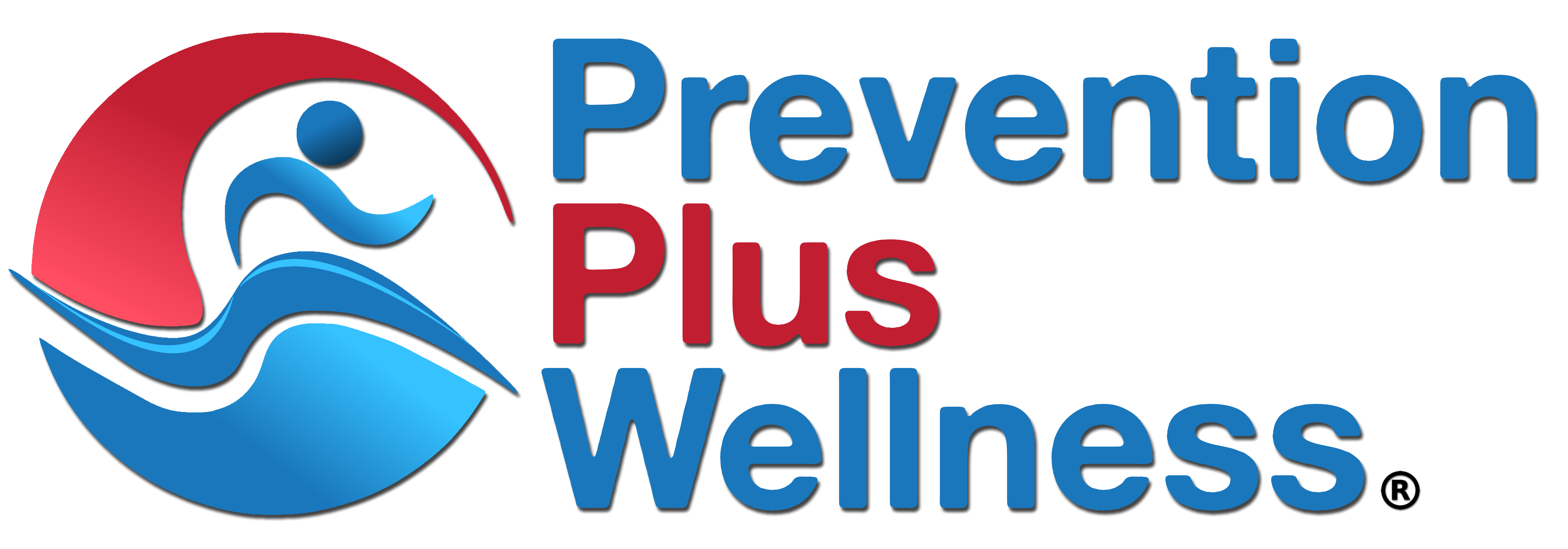Sleep Dimensions & US High School Marijuana Use
A study published in the Journal of Adolescent Health (2021) examined bidirectional relations between key sleep characteristics and somatic symptoms with past 30-day marijuana use among 2,770 US high school students.
Later chronotype (i.e., the natural inclination of your body to sleep at a certain time), social jetlag (i.e., the time difference between the midpoint of sleep on workdays and on free days), trouble falling asleep, trouble staying asleep, and somatic symptoms among 10th graders were associated with increased odds of 12th grade past 30-day marijuana use.
Later sleep timing was longitudinally associated with past 30-day marijuana use.
Sleep health, specifically chronotype and social jetlag, may be risk factors for marijuana use and therefore targets for future cannabis use prevention programs for adolescents.
Read the entire study abstract: https://www.sciencedirect.com/science/article/abs/pii/S1054139X2030656X
The Relationship Between Sleep & Cannabis Use
A review of research published in Cannabis and Cannabinoid Research (2021) summarized the existing literature on the association between disrupted sleep and cannabis toward the goal of addressing the question of the chronology of these reported effects.
Cannabis was associated with a variety of impacts on sleep ranging from beneficial effects, such as reduced sleep-onset latency, to negative outcomes, such as reduced sleep duration and suppressed rapid eye movement oscillations.
The chronology of the interaction of cannabis and sleep was unclear, although much of the current literature focus on factors that modulate how cannabis impairs sleep after initial use.
There was sufficient evidence to suggest that cannabis use alters circadian rhythms, and hence, negatively impacts sleep.
The bulk of research to date highlights the negative effect of cannabis on sleep.
This scientific research should be make more widely known, particularly among youth who are at risk for initiating cannabis consumption.
Read the full study abstract: https://www.liebertpub.com/doi/abs/10.1089/can.2020.0174
Cannabis Use & Sleep
A study published in Addictive Behaviors (2021) examined the relationship between cannabis use expectations with outcomes among 152 moderate cannabis users.
Endorsing current cannabis use and more days of cannabis use were associated with increased expectations that cannabis use improves sleep.
Endorsing current cannabis use was associated with worse subjective sleep quality and increased frequency of consuming edibles was associated with worse subjective sleep efficiency, lower sleep duration and higher global PSQI scores (worse overall sleep).
In conclusion, cannabis users have increased expectations of cannabis being a sleep aid, but few associations existed between cannabis use and sleep outcomes.
The two exceptions were endorsing any cannabis use and frequency of edible use which were both associated with less sleep quality.
These results suggest that cannabis prevention and interventions should target inaccurate expectations that cannabis improves sleep and to inform potential and current users that edibles may in fact reduce sleep quality and duration.
Read the full study abstract: https://www.sciencedirect.com/science/article/abs/pii/S0306460320307723

